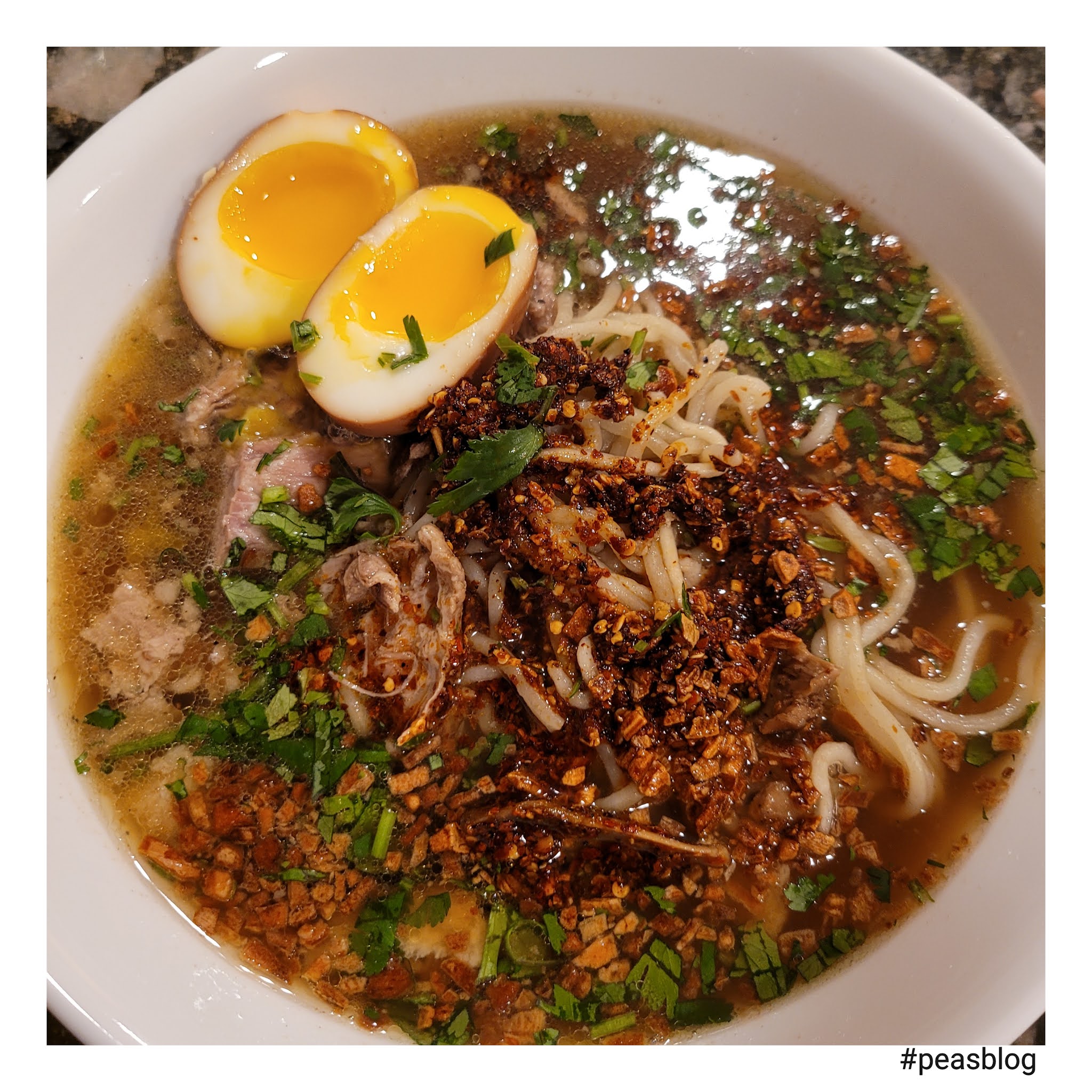Understanding Ramen Noodle Disease: A Hidden Health Concern
Ramen noodle disease is an increasingly recognized health issue that stems from the overconsumption of instant ramen noodles. While these convenient meals have become a staple for many, especially among college students and busy professionals, they can carry hidden dangers that are often overlooked. This article delves into the intricacies of ramen noodle disease, exploring its causes, symptoms, and potential health implications.
As the popularity of ramen noodles continues to surge, it’s crucial to understand the nutritional content and the potential effects of regularly incorporating them into our diets. While they may be easy to prepare and affordable, the long-term consequences of a diet heavy in instant noodles can lead to serious health problems. Through this article, we will dissect what ramen noodle disease is, who it affects, and how it can be prevented.
By raising awareness of ramen noodle disease, individuals can make informed dietary choices and prioritize their health. In this exploration, we will answer key questions about this condition, providing insights that could lead to healthier eating habits and better overall well-being.
What is Ramen Noodle Disease?
Ramen noodle disease refers to a collection of health issues resulting from the excessive consumption of instant ramen noodles, which are often high in sodium, unhealthy fats, and lacking essential nutrients. This condition can lead to serious health risks, including obesity, hypertension, and metabolic syndrome. The disease is not a formally recognized medical condition, but the implications of consuming large quantities of instant noodles are becoming increasingly evident.
What Causes Ramen Noodle Disease?
The primary cause of ramen noodle disease is the frequent consumption of instant noodles, which are often marketed as quick and easy meal solutions. Some contributing factors include:
- High sodium levels leading to increased blood pressure.
- Low nutritional value, lacking essential vitamins and minerals.
- High levels of preservatives and unhealthy fats.
Who is Most Affected by Ramen Noodle Disease?
Ramen noodle disease predominantly affects individuals who regularly consume instant noodles as a primary source of nutrition. This includes:
- College students on tight budgets.
- Busy professionals with limited time for meal preparation.
- Individuals seeking quick and convenient meal options.
What Are the Symptoms of Ramen Noodle Disease?
The symptoms of ramen noodle disease can vary depending on the individual’s overall diet and lifestyle. Common signs may include:
- Increased weight gain.
- Frequent headaches and fatigue.
- Elevated blood pressure and cholesterol levels.
- Digestive issues such as bloating and constipation.
Can Ramen Noodle Disease Be Prevented?
Fortunately, ramen noodle disease can be prevented through conscious dietary choices and lifestyle adjustments. Here are some effective strategies:
- Limit the intake of instant noodles to occasional treats.
- Opt for whole-grain or fortified noodle options when possible.
- Incorporate fresh vegetables and lean proteins into meals.
- Stay hydrated and maintain a balanced diet rich in fruits and vegetables.
Is Ramen Noodle Disease a Growing Concern?
With the rise in popularity of fast-food and convenience meals, ramen noodle disease is becoming a growing concern, especially among younger populations. As people increasingly rely on these quick meal solutions, health professionals are urging individuals to be mindful of their dietary choices and the potential consequences.
What Can Be Done to Raise Awareness About Ramen Noodle Disease?
Raising awareness about ramen noodle disease is crucial for encouraging healthier eating habits. Here are some initiatives that can help:
- Educational campaigns in schools and universities.
- Workshops focusing on meal preparation and nutrition.
- Promoting healthier alternatives to instant noodles.
Conclusion: Prioritizing Health Over Convenience
In conclusion, ramen noodle disease serves as a reminder of the potential health risks associated with the overconsumption of instant noodles. By understanding the causes, symptoms, and preventive measures, individuals can make more informed choices about their diets. As we continue to navigate a fast-paced world, it’s essential to prioritize our health over convenience, ensuring that our meals nourish our bodies rather than contribute to long-term health issues.
The Life And Influence Of Zak Brown's Wife
Unveiling The Controversy: The Leaked Ice Spice Sex Tape
Exploring The Allure Of Selin ID Porn


